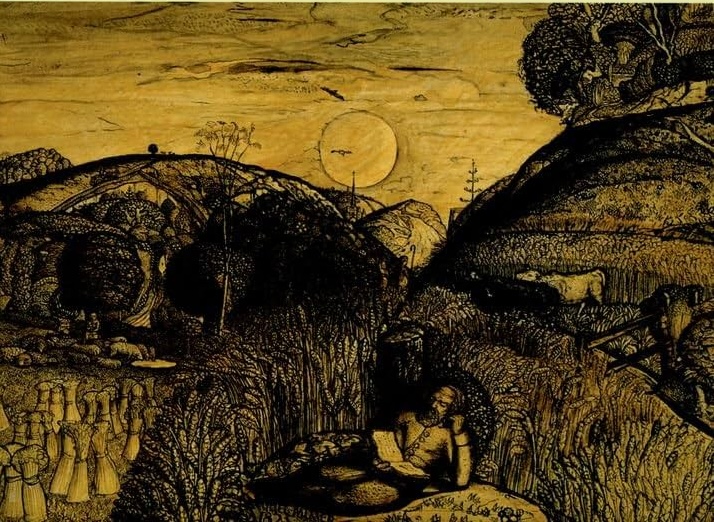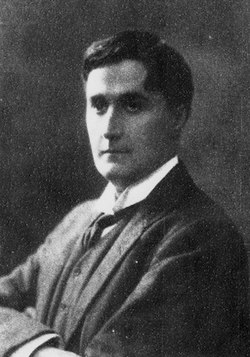
‘The Lark Ascending’, by the English composer Ralph Vaughan Williams makes the listener’s heart take flight!
Though a classical piece for violin, it has the power to touch all who hear it. It is a popular piece, in the best sense, in the sense of being widely loved – and this would have appealed to Vaughan Williams’s life-long socialist principles.

“In the next world, I shan’t be doing music, with all the striving and disappointments. I shall be being it. ” Said to Sylvia Townsend Warner two weeks before his death
For me, the context of its composition adds another poignant layer to this moving piece. It was written in 1914, on the eve of the outbreak of WW1, and so was never played until 1921. The lark of Williams’s beautiful English countryside was, for a time, silent. This makes me think of the birdsong heard from the trenches, of Isaac Rosenberg’s poem ‘Returning, We Hear the Larks’. Of the ‘strange joy’ of hearing the unexpected song of this bird in the most terrible of circumstances:
‘But hark! Joy—joy—strange joy.
Lo! Heights of night ringing with unseen larks:
Music showering on our upturned listening faces.’
Now, in better times, we have the joy of listening to Vaughan Williams’s response to this ordinary miracle. The violin somehow both the bird’s song and the bird itself – fluttering, flying free, ascending…


